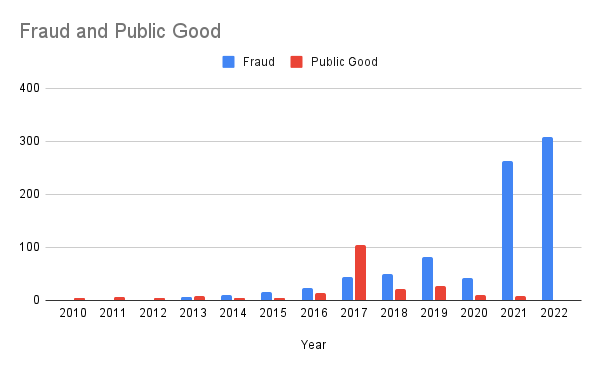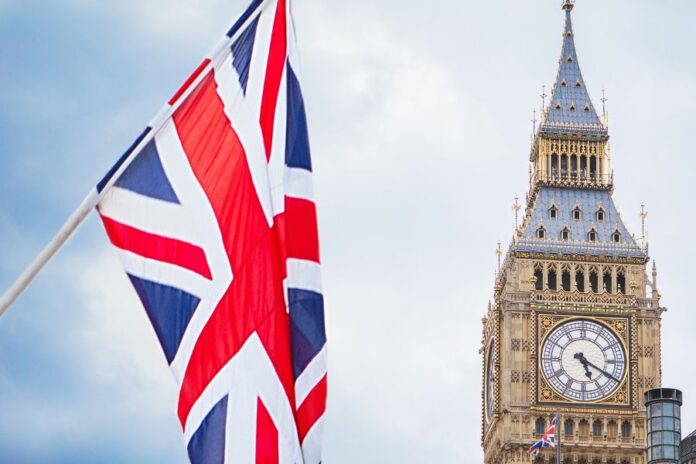Thousands of people have been deprived of UK citizenship over the years. A Home office report submitted to parliament reveals, at least 1,064 deprivation orders were made from 2010 to 2022, 847 were because of fraud and 217 were because it was conducive to the public good (national security reasons).
Deprivation powers can only be exercised to naturalised citizens and also upon dual nationals. It cannot be exercised to born British nationals who do not have any other nationality, that would render them stateless. The Home secretary has the necessary powers to strip citizenship and passport of the concerned person. A written notice must be given by home secretary on the deprivation order, withheld for national security reasons, based on information received by intelligence agencies.
“People who have only one nationality (British) have legal protection against deprivation that people with multiple nationalities do not.”
– Home Office Report

Citizenship deprivation order can be appealed rightfully at First-tier Tribunal or (in national security cases) the Special Immigration Appeals Commission (SIAC).
Deprivation of UK Passport
Deprivation of UK passport is not the same as withdrawing citizenship. Someone whose passport is withdrawn remains a British citizen but their overseas travel is restricted. Withdrawal of passport cannot be appealed. From 2013 to 2021, there were 94 cases of passport withdrawal for national security reasons, according to the Home Office figures.
Legislation
Deprivation of UK citizenship for fraud was introduced a century ago, by legislation passed in 1914. A power to deprive citizenship for certain types of misconduct, including if a naturalised citizen had proven “disaffected or disloyal”, was added shortly before the end of the First World War. It was not until 2003, however, deprivation was only possible for naturalised citizens. The Nationality, Immigration and Asylum Act 2002 extended citizenship deprivation to British-born dual nationals for the first time.
According to Home Office guidance,
- “false representation” means the applicant made the representation deliberately and dishonestly; an innocent mistake would not count.
- “Concealment of a material fact” means deliberate concealment that had a direct bearing on the original decision to grant citizenship.
- Fraud means either of those
- “Conducive to the public good” means deprivation is in the public interest
because of the person’s “conduct and/or the threat they post to the UK”.
Examples of such conduct include (but are not limited to) involvement in
terrorism or serious organised crime.





